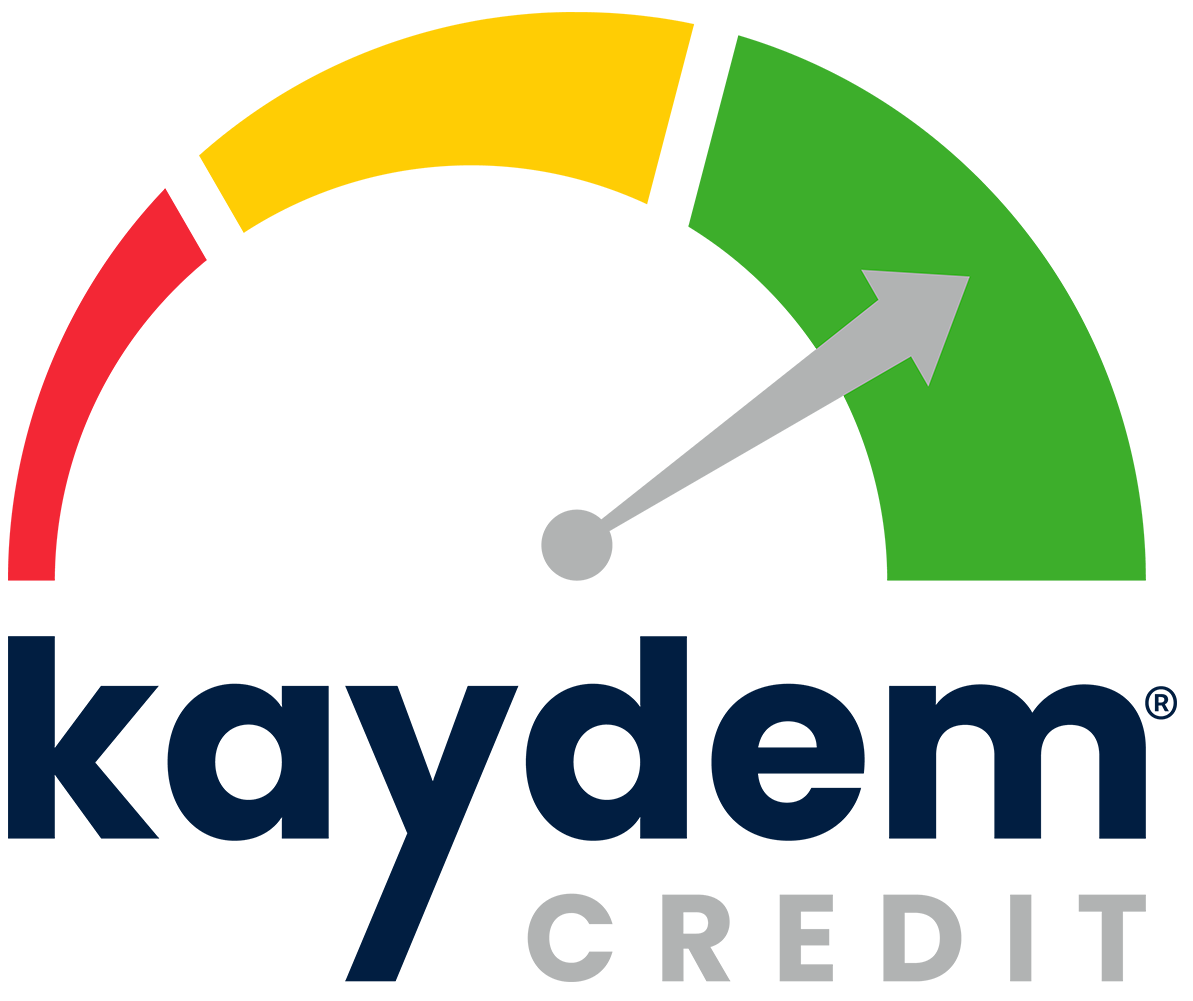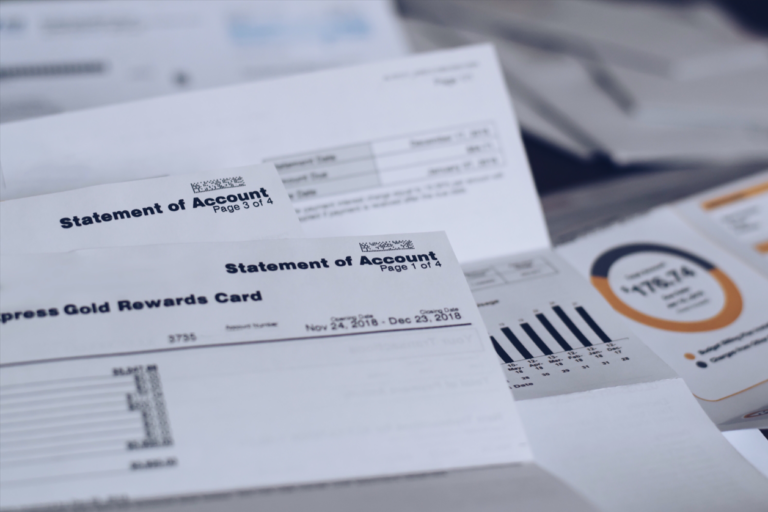If you find yourself asking “how to clean up my credit?” The first step in taking control of your financial health: Create a budget and stick to it. However, that’s easier said than done, right?
A budget allows you to visualize your current financial status and where your money is headed in the future. You can also better detect spending habits that could free up small amounts throughout the month that add up quickly. Of course, most business owners and leaders can acknowledge the advisability of having a budget — whether on a virtual spreadsheet or physically written on a notepad, knowing your income versus spending is essential for maintaining enough money for current needs and future purchase planning. Knowing you need a budget and creating one is not often the problem… sticking to it and following it is a problem.
It is similar to any lifestyle change: determining a diet, starting an exercise routine, beginning meditation and mindfulness… The planning part is exciting, but it becomes challenging to hold yourself accountable to see it through. When running a business or living with the goal of financial wealth, a budget is an essential — not an optional — tool for success. Read on for tips on crafting a budget you’ll be motivated to stick with and the answer to how to clean up your credit.
How to Clean My Credit By Creating a Budget
1. Craft your budget in a way that works for you, and make it easy to come across it daily without altering your busy schedule. The number one way to ensure you stick with any goal is to ensure it fits into your current lifestyle. If it becomes a chore in which you must sacrifice other important tasks, the motivation to continue the plan will ultimately wane. Regardless of all the advice, you must consider your personal motivation style and determine what type of budget will work for you and in what format. If you craft a fantastic budget as an Excel spreadsheet, it doesn’t matter how detailed and perfect it is if you never find yourself clicking into the spreadsheet. On the other hand, if you do great with physical books and planners, perhaps that is your best bet, even if you have less functionality. You need to decide how you are going to keep yourself on track without going out of your way to do so. Hint: Setting alarms on your phone to remind yourself to check is a fantastic method to ensure you remember your daily goals.
2. Overestimate expenses and underestimate income. When setting up your budget, avoid being “exact” with your expenses and income level. That way, you can avoid surprises as much as possible. Additionally, taking in personal changes such as a car maintenance problem or a friend’s birthday you forgot is important. By overestimating expenses and underestimating income, you will rarely find yourself in an overwhelming situation of needing to transform your entire budget. Of course, your budget should also account for emergency expenses and fun spending, but this should be in addition to the overestimating and underestimating rules.
3. Prioritize what is important (such as rent costs and debt repayment), but leave room for fun spending. Prioritize, prioritize, prioritize! Before crafting your budget, create a list of items of highest priority and highest cost each month, such as rent, business expenses, debt repayment, and utility bills. Then, list secondary priorities that are equally important but less costly, such as groceries, gasoline, and phone bills. Next, list priorities that are less important and lower cost but still necessary, such as recurring membership fees and insurance. Finally, you will want to list “fun” expenses, too… including times when you want to grab a coffee or purchase a new streaming service. For a budget to be successful, it has to be something you want to follow that does not restrict everything fun that makes you “you.”
4. Review and keep track of everyday purchases and recurring subscriptions. Continuing the point made above, although room for fun expenses is essential, it’s also important to determine which ones are necessary for your happiness and which can be let go of. Subscriptions and habitual purchases add up faster than you think and can take up a lot of room in your budget. Let’s put it this way, imagine the following expenses:
· Music streaming: $10/month
· Three television streaming services: $45/month
· Gym membership: $50/month
· Multiple phone game and app subscriptions: $50/month
· Daily coffee: $100/month ($5 per coffee, five days per week)
In total, this small amount of purchases equals $255/month. If each is necessary for productivity and contentment, find a way to manage them into your budget. However, if any can be substituted or removed, you could save a lot of money for other items in your budget and potentially reduce your stress level. For example, if you can reduce your television streaming services to one instead of three or cancel a gym membership in favor of exercising at home… these small changes can pay a bill or save your future success.
5. Plan to pay essential bills before they are due. Once you’ve created a budget with prioritized expenses, make sure you have clear due dates that are several days before the company requests them. For example, if your electric bill is due on the 15th of each month, plan to pay it by the 10th instead (if possible). That way, you always give yourself wiggle room and keep your accounts in good standing.
6. Set a specific timeline for crafting and analyzing your budget. Lastly, with your budget up and running, you need to check it and update it every month. Preferably, you should work on updating your budget for the next month on the last week of the month prior. Don’t procrastinate and wait until the last day, or you’ll always find yourself running behind – which leaves you more vulnerable to simply “skipping following the budget this month.” Don’t allow for room to create a bad pattern. Stay motivated and make it a habit with time set aside specifically to check into your budget once weekly and to update the budget once monthly.
Ultimately, the one person who can motivate you to stick to your budget is you. Stop asking yourself “how to clean up my credit” and create a realistic and convenient plan, and hold yourself accountable as you climb the ladder of success.







